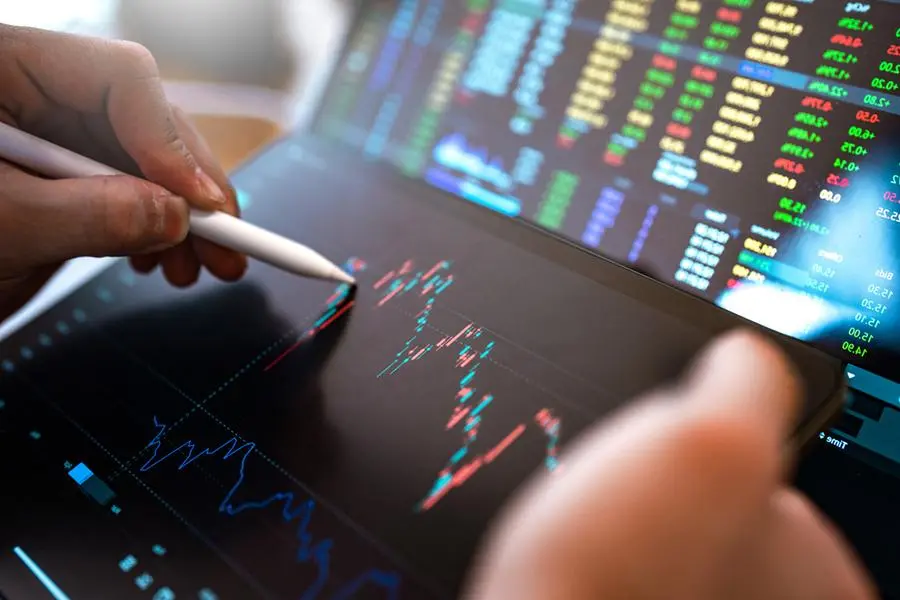PHOTO
The coming global recession will be more severe in “true” growth terms than the Great Recession, according to the Washington-based IIF.
Raising the alarm about an outright global recession 2023, the Institute of International Finance said on Sunday that worldwide growth in 2023 is expected to be weaker than the Global Financial Crisis of 2009, with weakness triggered by deep contractions in Russia and Ukraine to the rest of the world economy.
The global association of the financial industry assessed growth across countries and over time with a focus on “true” growth, which is annual average growth adjusted for statistical carryover from the previous year.
"We estimate purchasing power parity, or PPP-weighted global statistical carryover at 0.4 per cent in 2023. Coupled with our forecast for annual average global growth of 1.5 per cent, this means ‘true’ growth is 1.1 per cent,” the IIF said in its Global Macro Views.
"For perspective, annual average growth in 2009 was 0.6 per cent with a base effect of -0.7 per cent. The latter was negative as the Great Recession began in 2008, pulling down GDP levels into 2009. As a result, ‘true’ global growth in 2009 was 1.3 per cent. Seen through this lens, 2023 will be slightly weaker than 2009," Robin Brooks, managing director & chief economist of the IIF said.
At a global level, IIF's PPP-weighted aggregate shows “true” growth in 2023 to be slightly weaker than in 2009, with China and Latin America the most important growth drivers.
"The coming global recession will be more severe in “true” growth terms than the Great Recession," the Washington-based IIF said.
Jonathan Fortun, an economist at IIF said after Russia invaded Ukraine, Ukraine’s GDP fell sharply, so that annual average growth in 2023 will be -9.4 per cent. The same is true for Russia, although to a lesser extent.
"Assuming another contraction in Q4 2022 GDP, we estimate statistical carryover into 2023 at -3.3 per cent," Fortun said.
"Unlike Ukraine, western carve outs of Russia’s energy exports led to large hard currency inflows, which resulted in a sharp easing of financial conditions. That easing of financial conditions helped Russia avert a steeper GDP decline," Brooks noted.
The depth of the coming downturn ultimately depends on one thing: the war. Western reluctance to embargo Russian energy boosted global GDP in 2022, but at the cost of potentially turning fighting in Ukraine into a “forever war,” the IIF said.
Earlier this year, the IFF forecast a global growth of 2.2 per cent, substantially below consensus, with weakness radiating out from Europe as Russia’s invasion of Ukraine took its toll.
“Since that time, economic activity has surprised on the upside. We are currently tracking global growth around 2.9 per cent. The reason for this outperformance is that we placed a high likelihood on western countries embargoing Russian energy to cut the flow of hard currency to Moscow. That didn’t happen, which buoyed activity versus our forecast,” said the report.
The severity of the coming hit to global GDP depends principally on the trajectory of the war in Ukraine.
“Our base case is that fighting drags on into 2024, given that the conflict is “existential” for Putin. Earlier this year we flagged survey-based indicators that were starting to deteriorate sharply.”
Copyright © 2022 Khaleej Times. All Rights Reserved. Provided by SyndiGate Media Inc. (Syndigate.info).




















